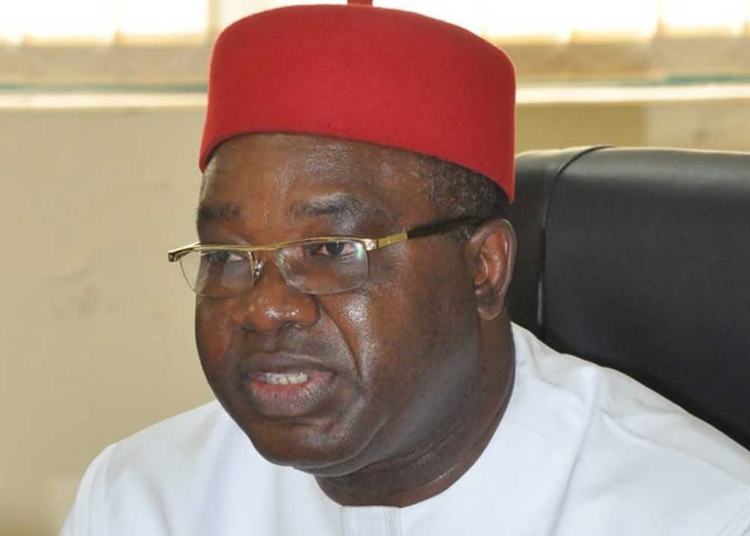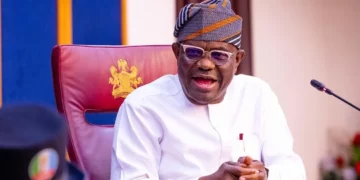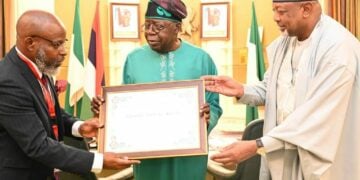The National Human Rights Commission (NHRC) has called on regional and subregional human rights systems, governments, and Institutions in Africa to take decisive action to safeguard the human rights of its citizens in the face of climate change.
The Executive Secretary of the NHRC, Dr Tony Ojukwu SAN, made the call in his opening remark yesterday at a three-day Regional Africa Human Rights Academic Network Conference, 2025, held in Abuja.
Ojukwu lamented that though Africa contributes the least to global carbon emissions, it bears a disproportionate burden of climate change. Additionally, rising temperatures, erratic rainfall, desertification, and extreme weather events are no longer distant threats in the region.
While stressing that climate change has dire consequences for human rights, including the rights to life, health, food, water, and shelter, the Senior Advocate worried that floods displace thousands annually in Nigeria and droughts threaten food security. Rising sea levels put coastal communities at risk. Explaining that from the north to the south of Nigeria, the movement of pastoralists in search of grazing land has also exacerbated conflicts and insecurity.
He said the region would need to strengthen its climate policies and legislations, hold polluters accountable, promote sustainable development, ensure public participation, and enhance climate finance and international support if it wants to tackle the crisis that comes with changes in climatic conditions.
Ojukwu further revealed that the NHRC will collaborate closely with the Nigerian Climate Change Council, the Ministry of Environment, academic institutions, civil society organisations, and networks to ensure they are working with the best available knowledge, research, and resources to make a meaningful difference in responding to climate change. He added that this step signifies the Commission’s strong commitment to addressing the issues around human rights and climate change, which aligns with global initiatives on climate change and Africa’s aspirations for sustainable development.
In his speech, Mohamed Malick Fall, the UN Resident and Humanitarian Coordinator in Nigeria, stressed that the climate crisis is more than an environmental issue; it is also a human rights challenge.
He queried that across Africa, rising temperatures, extreme weather events and environmental degradation disproportionately impact those in vulnerable situations, including women, the elderly, youth, and persons with disabilities. It is unfair that those who contribute the least to climate change bear its worst consequences.





